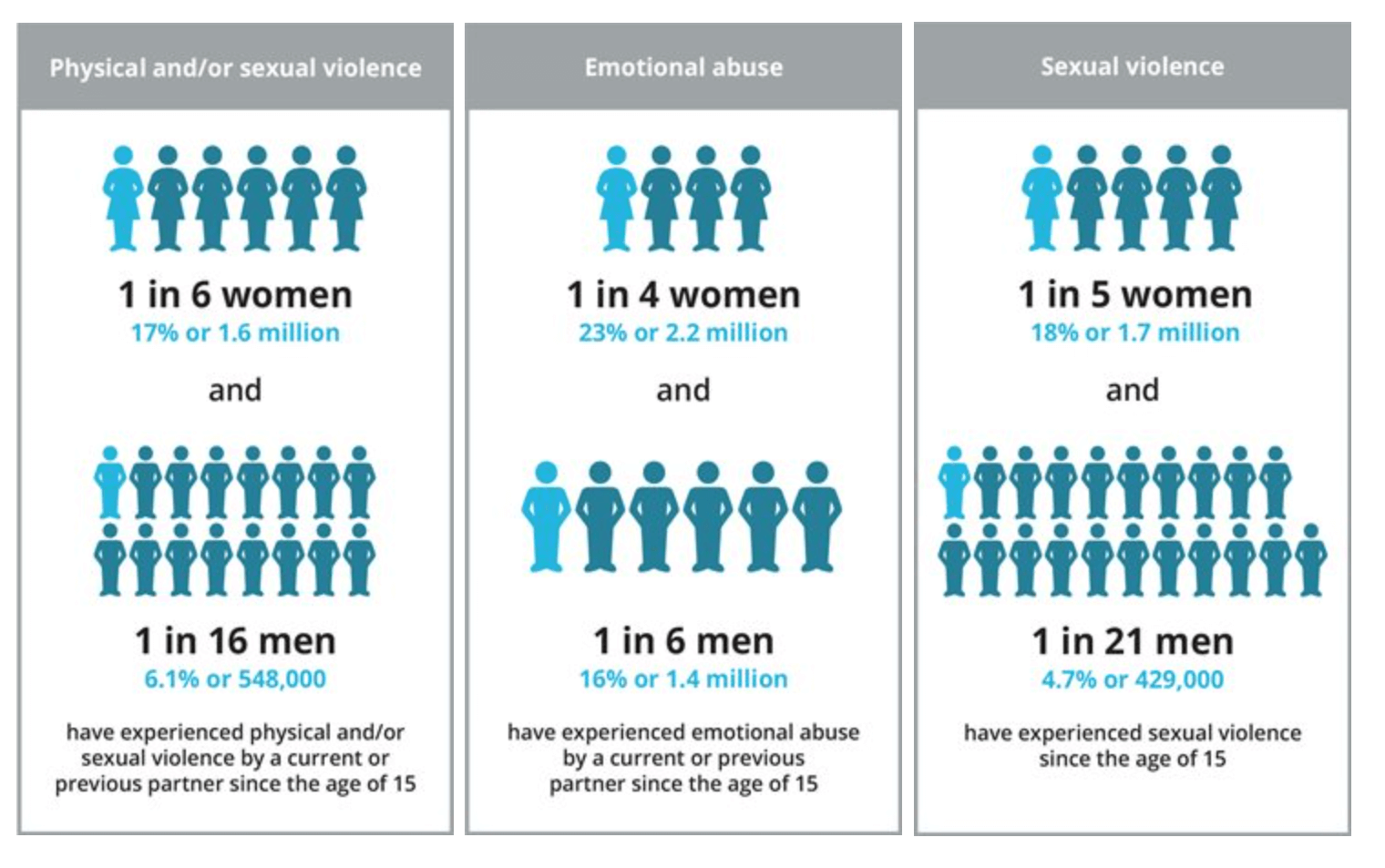This article was written by FTMA’s Kat Welsh.
This month, FTMA’s campaign information was regarding the legislation requiring workplaces to have a Domestic and Family Violence Leave Policy in place.
From August 1st 2023, small business will be providing paid domestic and family violence leave for eligible employees to access, should they need to. For more information, click here to access the Fair Work Ombudsman site.
FTMA, along with the experts at WorkHaven, has sent to its members all they need to tailor their individual policy, to suit their business needs, in our strategy plan document. It gives comprehensive information about what is DFV, how to identify it, and how to support members of staff. The policy required, is a legal document that needs to be specific to individual businesses. FTMA have sent everything members need, in order to fill in the individual details, and have a strong policy in place.
FTMA have also sent out a presentation that is ready to go, to present to staff – so everyone is made aware of the policies, the requirements and the supports that workplaces will be providing – and to understand the bigger picture of addressing DFV in the community. Also included with FTMA’s campaign email were speaking points and advice on how to answer questions staff might have.
We’re aware that the timber industry is a male dominated industry and while DFV in Australia is largely recognised as women and children being the victims, we still have many women employed in our businesses.
We would also like to recognise as well as women and children being the main targets of DFV, men can be victims of abuse too. The stats can be hard to determine on both sides – because the stats are only as good as what gets reported – but it is recognised that men are less likely to seek help and support than women are. It can be worth, when putting these policies in place, to remember that DFV can impact females, males, and everyone in between.

The Fair Work Ombudsman also recognises that impacted staff members may not be the direct victim, but someone’s family member that needs support.
The statistics of reported DFV saw a significant increase in 2022 from that of 2021 “ranging from a 1% increase in New South Wales and the Australian Capital Territory to a 19% increase in the Northern Territory.
For selected states and territories, victims of FDV related assault were most commonly:
- female (65–79%)
- assaulted by an intimate partner (53–84%).” (Australian Bureau of Statistics).
DFV is complex. Sometimes you don’t realise it’s happening until you’re caught in the storm, and it’s never easy to make that stand against it. Removing yourself from an abusive relationship, with or without children involved, is dangerous, timely, costly, and traumatic. The impacts can and do last a lifetime. It can take months and sometimes years to rebuild the basics. Having an opportunity to feel the support of your workplace can be extremely important for anyone in that tornado – and provide that anchor of normalcy.
Many people have had to leave jobs and careers because there hasn’t been the leave or understanding from workplaces that they need to access supports, attend family meetings, police or courts, or even have a day off because their world has fallen apart. Mediation services generally only operate during business hours. If you have a court date, again it will be during work time, courts don’t shift dates easily. Counselling supports are 9-5. All this takes people out of work. And more so if kids are involved and needing assistance.
FTMA did a podcast last year with Co-Founder and CEO of WorkHaven, Jo Mason. If you missed it, we would recommend you take the afternoon-cup-of-tea time to listen to it. Click here to catch up. But to sum it up, Jo talks candidly about her experience of DFV, and the flow on impact it had on her having to leave her job. It led to Jo setting up WorkHaven, to help businesses get the right assistance to support employees experiencing DFV, so they don’t end up having to leave jobs and careers that they love. This is why we engaged Jo and the team, to help FTMA come up with goods to develop the best policies, for our members, and for their staff.
The Australian Human Rights Commission has some great information regarding DFV and the importance of workplace policies. It supports the notion that we all need to step up to combat DFV.
DFV is a community issue. It needs to be addressed and brought to the forefront of everyone’s minds for cultures to change – turning away from it means being complicit to DFV.
If you, or anyone you know is experiencing DFV, there are supports out there. The information FTMA sent out to members, has everything they need to make sure the business is legally compliant, and taking a stand for the wellbeing of the community.
Our Principal Partners



